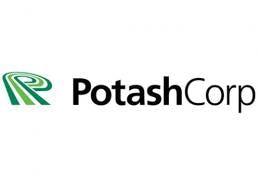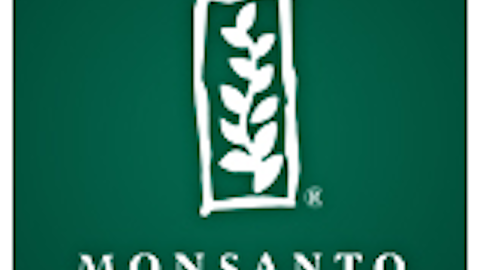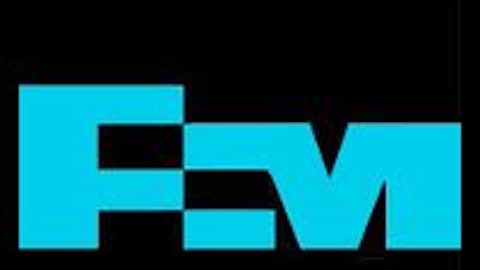Around two years ago, Brazil declared its intention to wean itself off of fertilizer imports by 2020. While acknowledging that it could not fully meet domestic potassium demand, Brazil’s stated aim was to become self-sufficient in nitrogen and phosphates, and to reduce its dependence on foreign Potash Corp./Saskatchewan (USA) (NYSE:POT) (water-soluble potassium) significantly. Considering that Brazil is one of the world’s largest potash consumers, importing 90% of its requirements, might this be shaping up to be a major blow to international producers?
Feeding a hungry planet
Over the last 30 years, Brazil has transformed itself into a breadbasket, and it’s done so in large measure by dramatically increasing farm inputs. The government is seeking to close that loop, putting pressure on the industry to triple spending on domestic fertilizer capacity over the course of the next five years.
Why might the country want to become less reliant on imports? Beyond the usual national security arguments, there’s the matter of competitiveness. Transportation of nutrients to inland farms from ports can be very expensive and time consuming. As a result, Brazil’s farmers are losing out to countries like the U.S.
To address this issue, Brazil’s government wheedled miner Vale SA (ADR) (NYSE:VALE), in which it has a golden share, to invest in potash and phosphates. Vale’s investment plan now calls for $8.8 billion in spending on fertilizers over the next five years. Coupled with related plans from state-owned Petrobras Argentina SA ADR (NYSE:PZE), predictions are that Brazil will reduce its overall dependence on fertilizer imports from 72% to 28% by 2017.
You’d think that this might have foreign potash suppliers quaking in their boots, but you’d be wrong.
Potash Corp./Saskatchewan (USA) (NYSE:POT) and Russia’s Uralkali are the two primary potash suppliers to Brazilian farmers. Potash Corp./Saskatchewan (USA) (NYSE:POT) makes only a passing reference to Brazil in its 2012 10-K: “Potash from our Saskatchewan operations for sale outside Canada and the United States is sold exclusively to Canpotex, which is an export marketing and sales company. A significant portion of Canpotex sales are to China, Brazil, India, Indonesia, Malaysia and Japan.”
CF Industries Holdings, Inc. (NYSE:CF) gets a little closer to stating a risk in its 2012 10-K: “Other geopolitical factors like temporary disruptions in fertilizer trade related to government intervention or changes in the buying/selling patterns of key consuming/exporting countries such as China, India and Brazil, among others, often play a major role in shaping near-term market fundamentals.”
Agrium Inc. (USA) (NYSE:AGU) is all smiles in its 2012 annual report, highlighting the fact that it had expanded its retail presence in southern Brazil. Mosaic Co (NYSE:MOS) shows in its 2012 10-K that it derives nearly 20% of its net sales from Brazil, and identifies only currency risk in that market.






